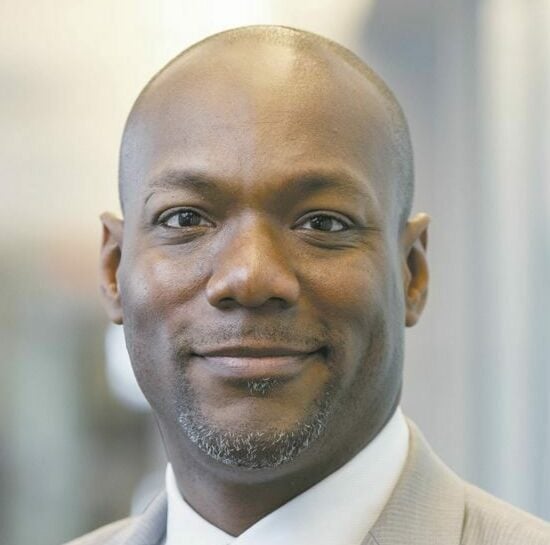I have been a fan of Tom Cruise’s movies for decades — going all the way back to “Taps” and “The Outsiders.”
Much like Brad Pitt and George Clooney, Cruise decided not to rely solely on his good looks to draw fans. In his younger years, he often played the cocky jerk who experiences a crisis of conscience that compels him to finally “get serious.” (Think “Top Gun” or “A Few Good Men.”) Love him or loathe him, it is indisputable that Tom Cruise takes his craft seriously.
Famous for performing his own stunts, the nearly 63-year-old has not slowed the pace of his adrenaline-filled, death-defying antics, whether onscreen or in real life. That was one of two elements that really struck me as I watched the (possibly final) installment of his insanely popular “Mission Impossible” movie series.
Without giving away juicy spoilers, the other element that fixated me was the notion of mediating truth, especially in the context of various governments’ desire to create alternate facts in an effort to advance their political agendas. For example, one can imagine the profound dangers that would ensue if any government were able to control a self-aware, apocalyptic AI system that could alter our reality by controlling all forms of electronic communication.
It is not difficult to conclude that this film is intentionally making a polemical — if not outright political — statement at a time during which truth is under serious assault in America and abroad. In authoritarian regimes (and those that earnestly aspire to be), facts are negotiable, which ultimately renders truth itself malleable. If that scenario plays out broadly enough, quickly enough, and convincingly enough, life as we know it will cease.
Of course, the world doesn’t need to conjure movie boogeymen to do this work. Russia and Elon Musk are hard at work, tampering with the political processes of many democratic countries. This includes engaging in massive misinformation and disinformation campaigns that are intended to fool voters into selecting politicians who are far-right extremists. In Musk’s case, while it is difficult to prove that he has actually bought politicians, he very openly bought voters in Pennsylvania and Wisconsin.
To be clear, dirty tricks have always been a part of the democratic process. Further, when the carrot (e.g., bribes) doesn’t work, the stick (e.g.,the threat of violence) has often come into play. The difference today is that the scope, scale, and speed of disinformation give unscrupulous people an unprecedented set of tools with which to make mischief. They don’t even have to decide between the scalpel and the hammer; they can use either or both as needed.
All this leads to encouraging the evil twin brothers of cynicism and apathy to grow ever more popular. In the 2024 presidential election, more people chose not to vote than those who selected either major party candidate. I am hopeful that, in the not-too-distant future, our politicians will create laws to make voting mandatory. (Admittedly, I’m not holding my breath.)
Pontius Pilate famously asked, “What is truth?” Today, he might well ask, “What is a lie?” I am hopeful that this is not where we want to be as a nation. Thus, our mission, should we choose to accept it, is to contend earnestly for the truth.
That is one key spark that could reignite the fire of democracy.





